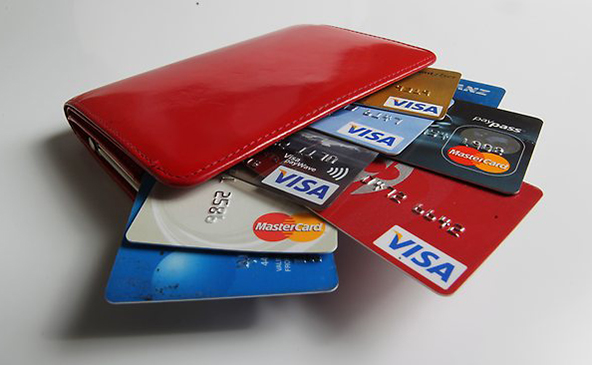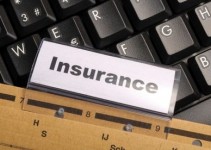Here are several ways your card could be used fraudulently.
Theft or Loss of the Card
Obviously, in case of loss or theft of the card someone else could use it to make purchases at a store or online.
To protect you in case of theft or loss of the card:
- Sign the card upon receiving it so no one else can, or write “ORDER ID” in the reserved space.
- Save attachments to your card in a safe place.
- Never enter the secret number (PIN) by the card, or in the same bag. Memorize not have to take written. Do not use a secret number data easy to guess like your birthday, ID, etc.
- When you enter your PIN at an ATM, use your other hand to shield the keypad so you do not see others (including hidden cameras).
- If you do regular use of the card, check periodically to follow in his possession.
- Do not carry more credit cards you actually use, especially when traveling.
- Take the phone number that the entity has provided you to call in case of emergency and to report the loss of the card, but always take it in a separate place.

For example, if you have their details (name, card number or PAN, expiry date and security number) may produce a false card or make purchases online or by phone.
Criminals have several options for obtaining this information. To avoid this type of fraud:
- Never lose sight of your card. When you pay in a shop or restaurant, it is safest to accompany the person to make the payment instead of delivering the card. More and more restaurants that offer portable terminals for waiters can pass cards and make the payment on the table itself, in front of the customer. If not, you can always communicate politely prefers accompany the person with your card, or go to pay in cash.
- Never leave your card number at the sight of strangers (written on the outside of an envelope or postcard).
- Be careful with receipts of shops, ATMs, etc., which include personal data. File them in a safe place for a reasonable time and then destroy them. Never pull a receipt from the ATM on premises ATM.
- Note: There has been an increase in crime of identity theft by thieves to open and watch other people’s trash. We recommend either destroy the part of all correspondence, receipts and other documents containing personal information before throwing it away. You can use a destroyer of papers, or cut, break or burn good documentation yourself.
- Be careful also to say your card number or other personal information aloud, for example by telephone or in public places where others might be listening.
- Never provide your card number or other personal information over the phone or Internet unless you initiated the transaction and is making a booking or purchase. Never write this information by email.
- It is always better access a Web site where you will make a purchase or enter personal data, writing the address in the address bar. Never access via an emailed link. The link may be false, sending another fake site, but apparently identical to true.
- If you make online purchases with the card, make sure it is a secure Web site.



